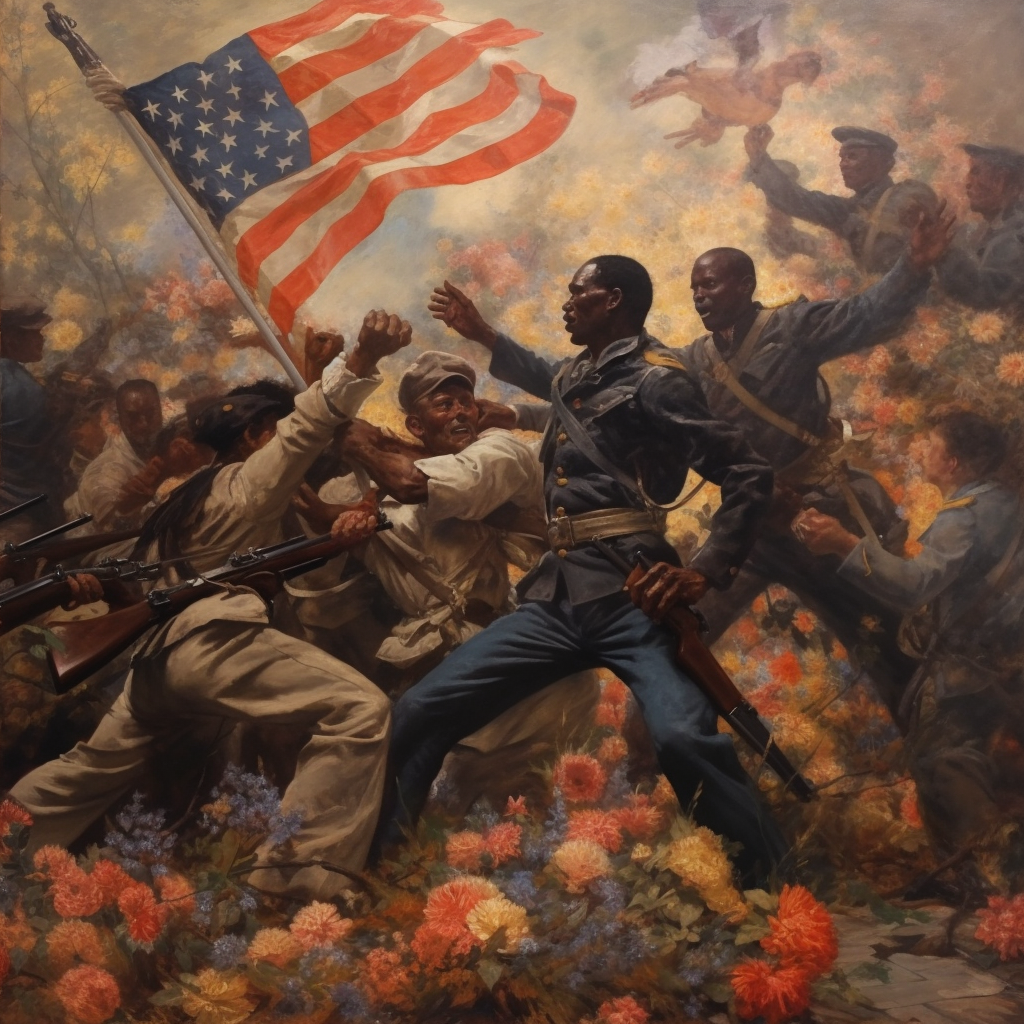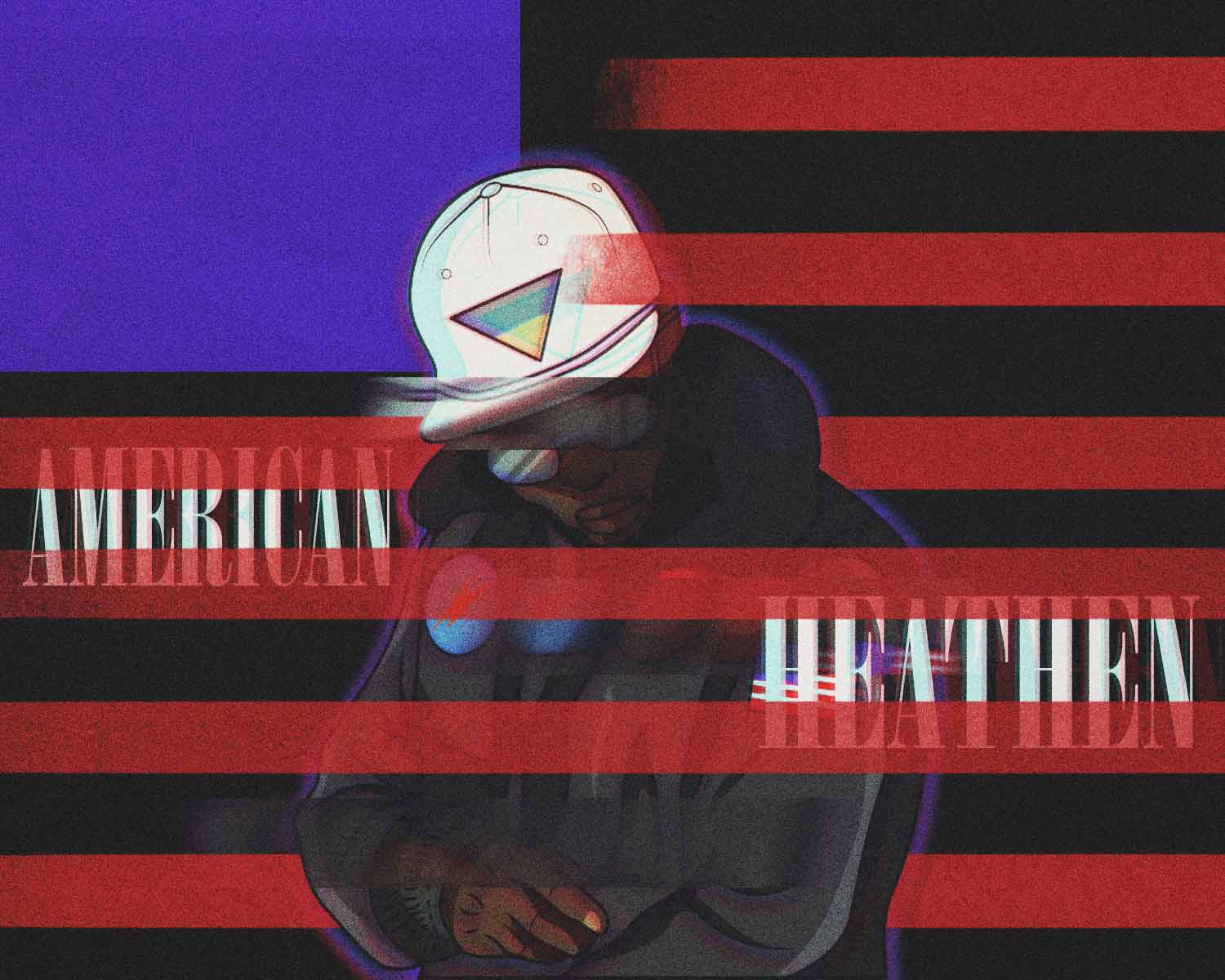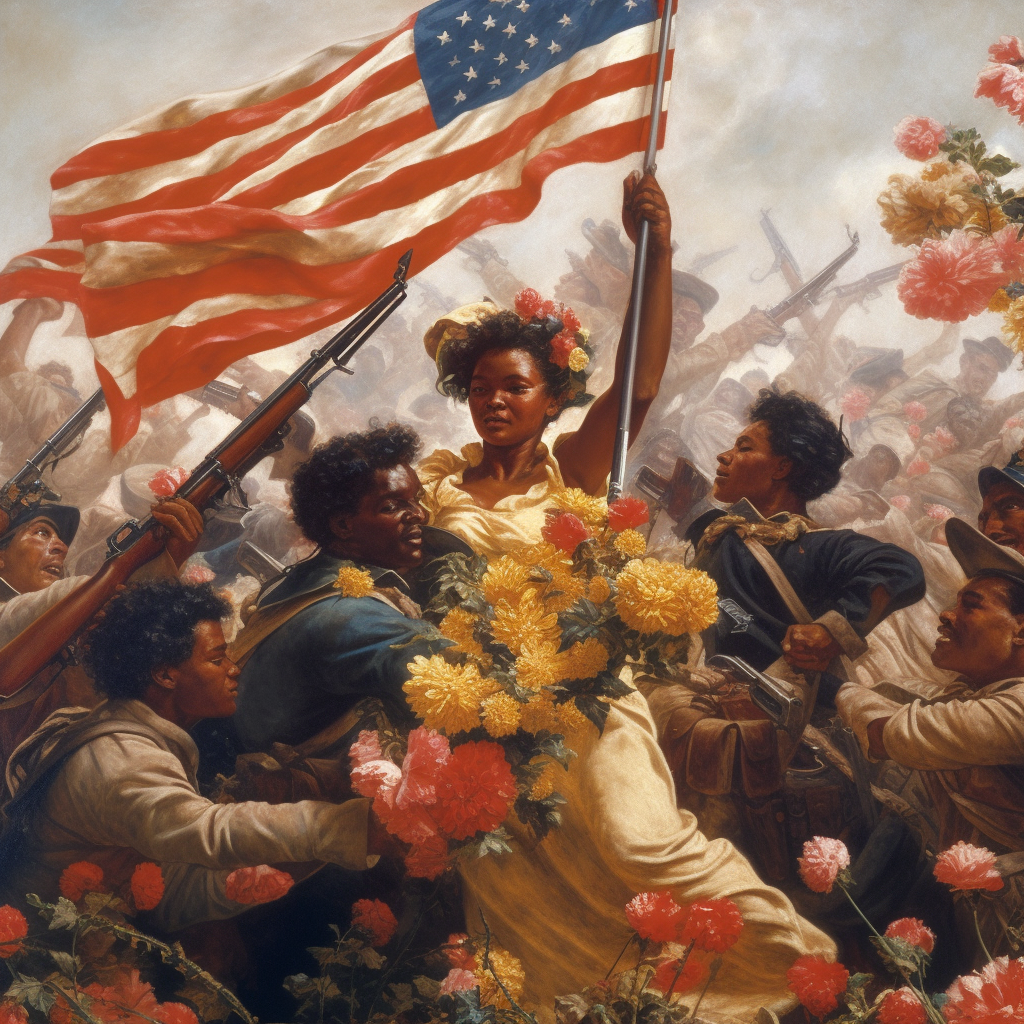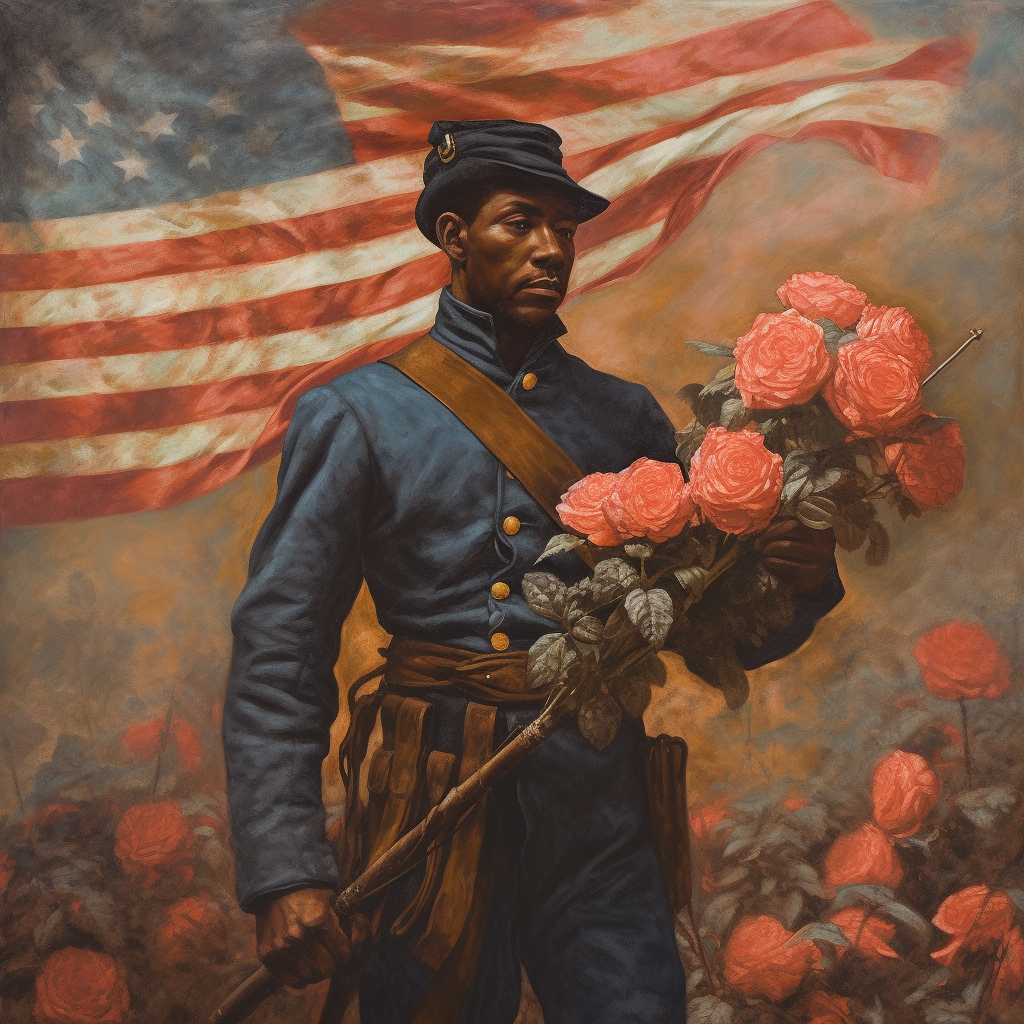
Ah, Memorial Day, the time-honored American holiday where we gather to remember the fallen heroes who fought for our freedom. It’s a day of solemn remembrance, a day to appreciate the sacrifices made in the name of liberty. But as we bask in the warm glow of gratitude, it’s worth taking a moment to delve into the murky depths of history and explore the dark underbelly of counterintelligence, the war on drugs, and the systemic oppression that has plagued minority groups in the United States. Brace yourself because this isn’t your typical Memorial Day history lesson.
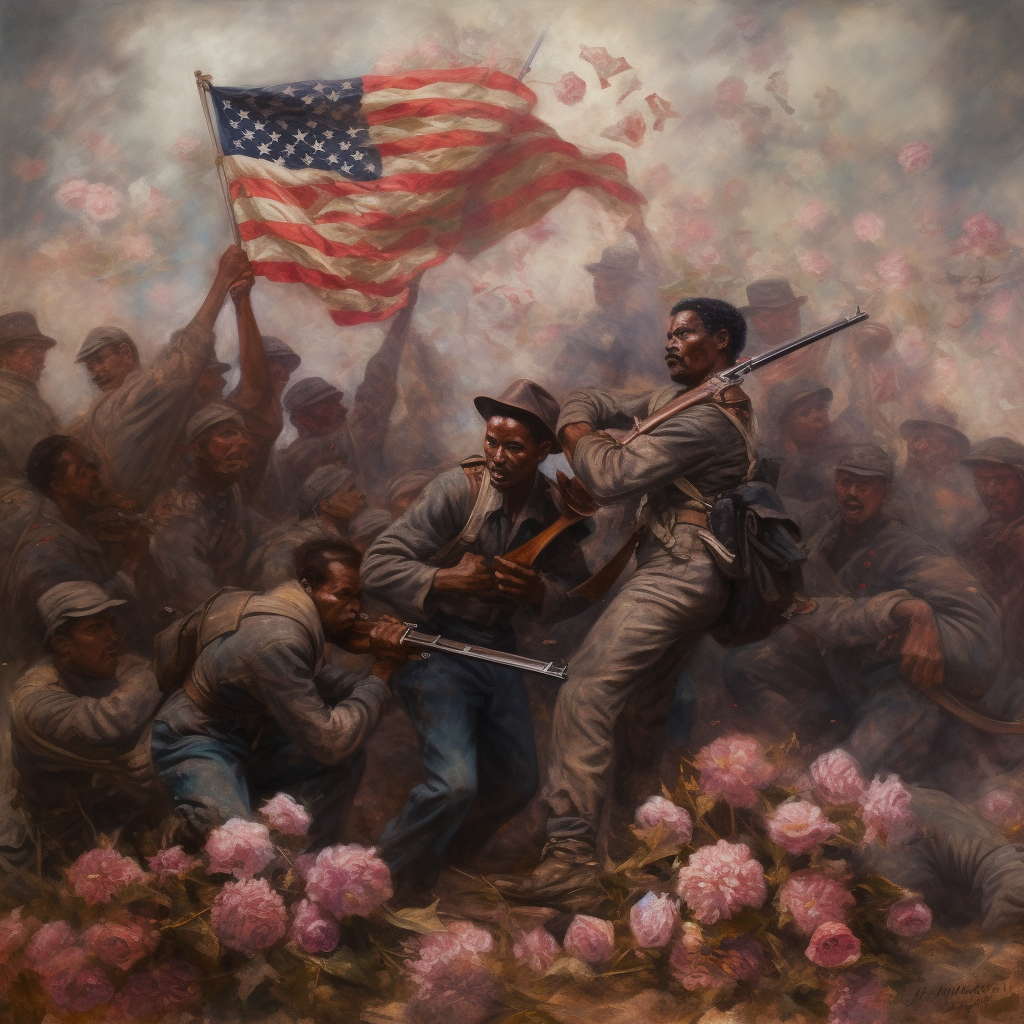
A Brief History of Memorial Day
Let’s rewind the clock to the origins of Memorial Day and unravel the complexities that emerged in its wake. Originally known as Decoration Day, it arose in the aftermath of the American Civil War, a bloody conflict that tore the nation apart. The intent was noble: to honor the soldiers who lost their lives in battle. However, even in this seemingly noble act, a subtle narrative of division began to take shape.
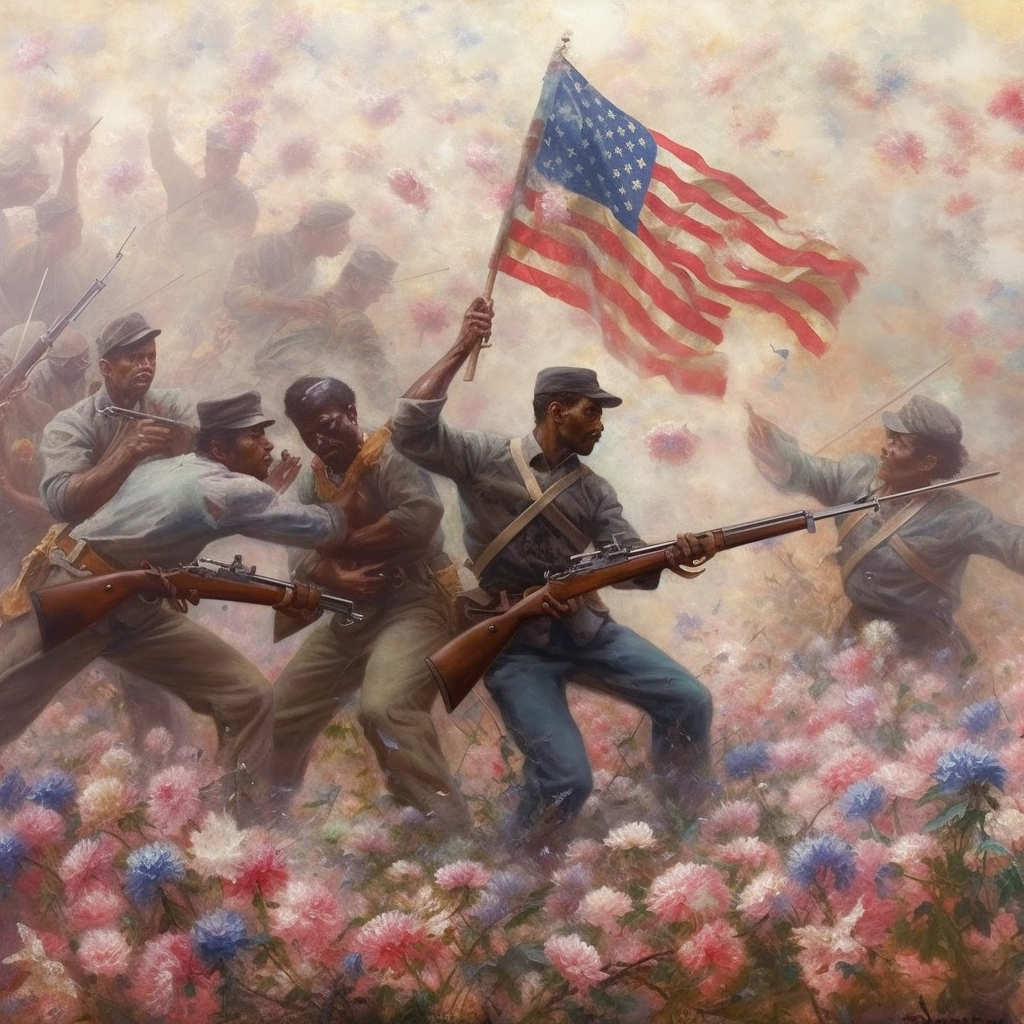
Memorial Day’s early observances were segregated, with separate ceremonies for Union and Confederate soldiers. While it sought to commemorate those who fought on both sides, this division reflected the deep wounds and unresolved tensions of the war. The holiday inadvertently reinforced the notion of a divided nation, struggling to reconcile its past.
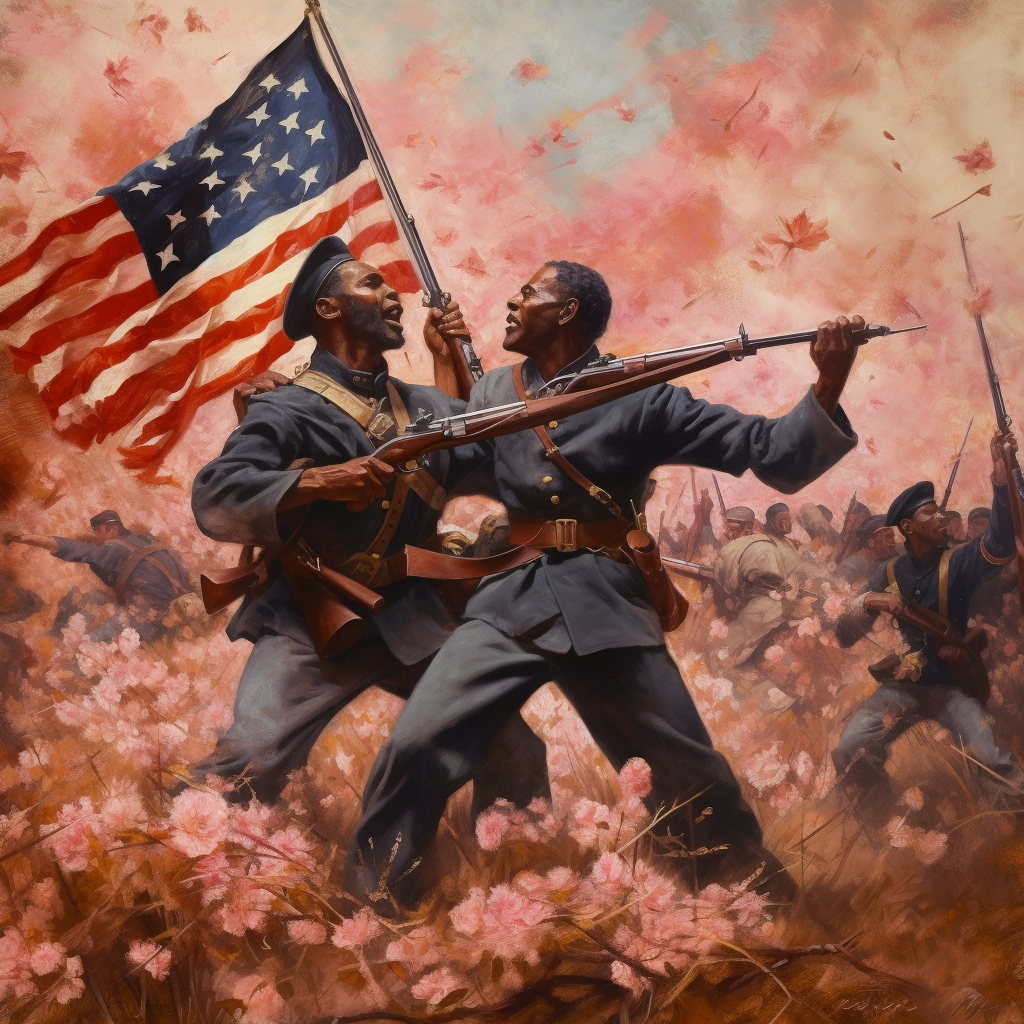
Impact on African American Soldiers
As we reflect on Memorial Day, it is crucial to recognize the contributions and challenges faced by African American soldiers who fought in American wars. Despite facing segregation and discrimination, they courageously served their country, fighting for freedoms that were often denied to them at home.
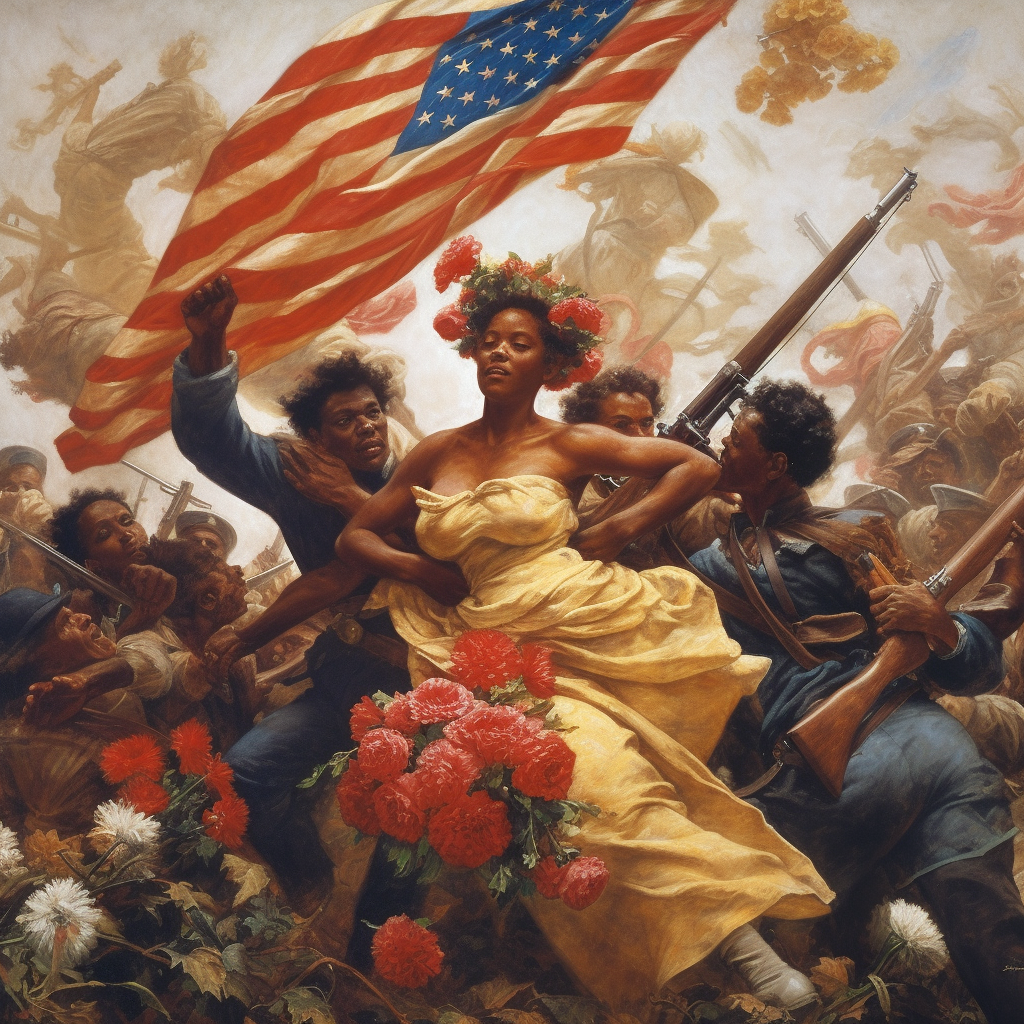
In the American Civil War, approximately 180,000 African American soldiers joined the Union Army, risking their lives to fight for emancipation and equal rights. Yet, even after the war, their struggle for equality persisted, as they faced violence, systemic racism, and the denial of basic civil liberties.
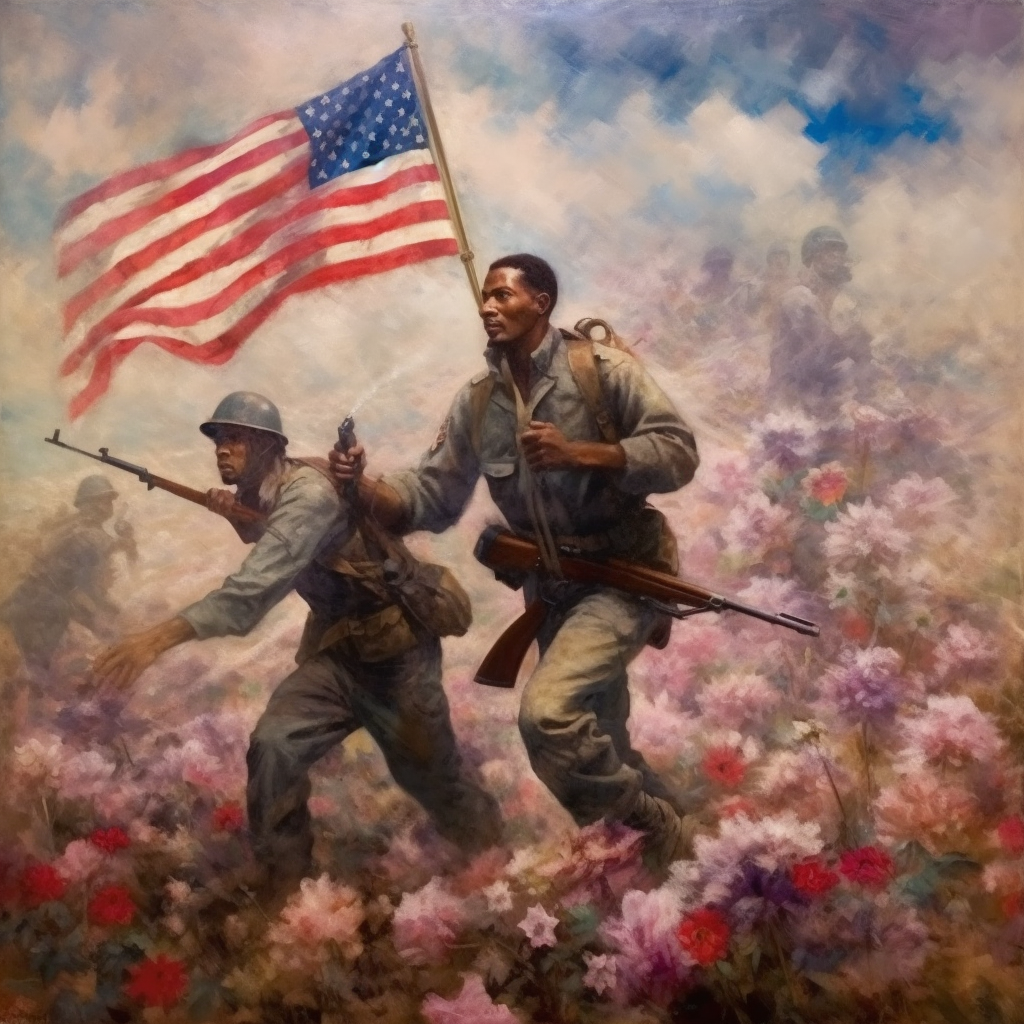
In subsequent conflicts, such as the World Wars, Korea, and Vietnam, African American soldiers continued to make significant contributions. They fought for a nation that did not always extend the same rights and opportunities to them. These brave men and women faced discrimination both within the ranks and upon their return home, as they confronted racial inequality and limited opportunities for advancement.
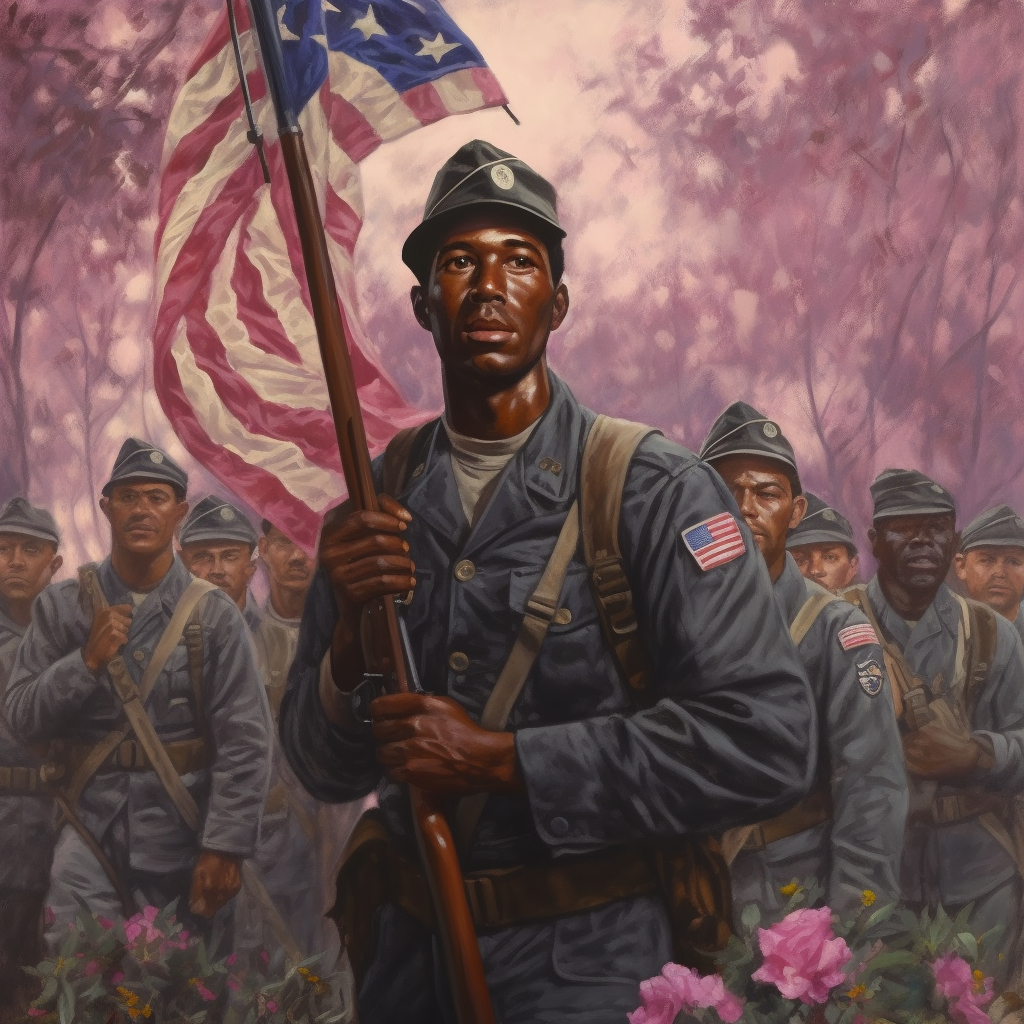
The War on Drugs
Enter the war on drugs, a prime example of how a purported effort to combat drug abuse and addiction became a weapon against minority communities. Launched in the 1970s, this “war” swiftly morphed into a war on people of color. African Americans and Hispanics bore the brunt of discriminatory policies that targeted their neighborhoods, resulting in mass incarceration and shattered lives.
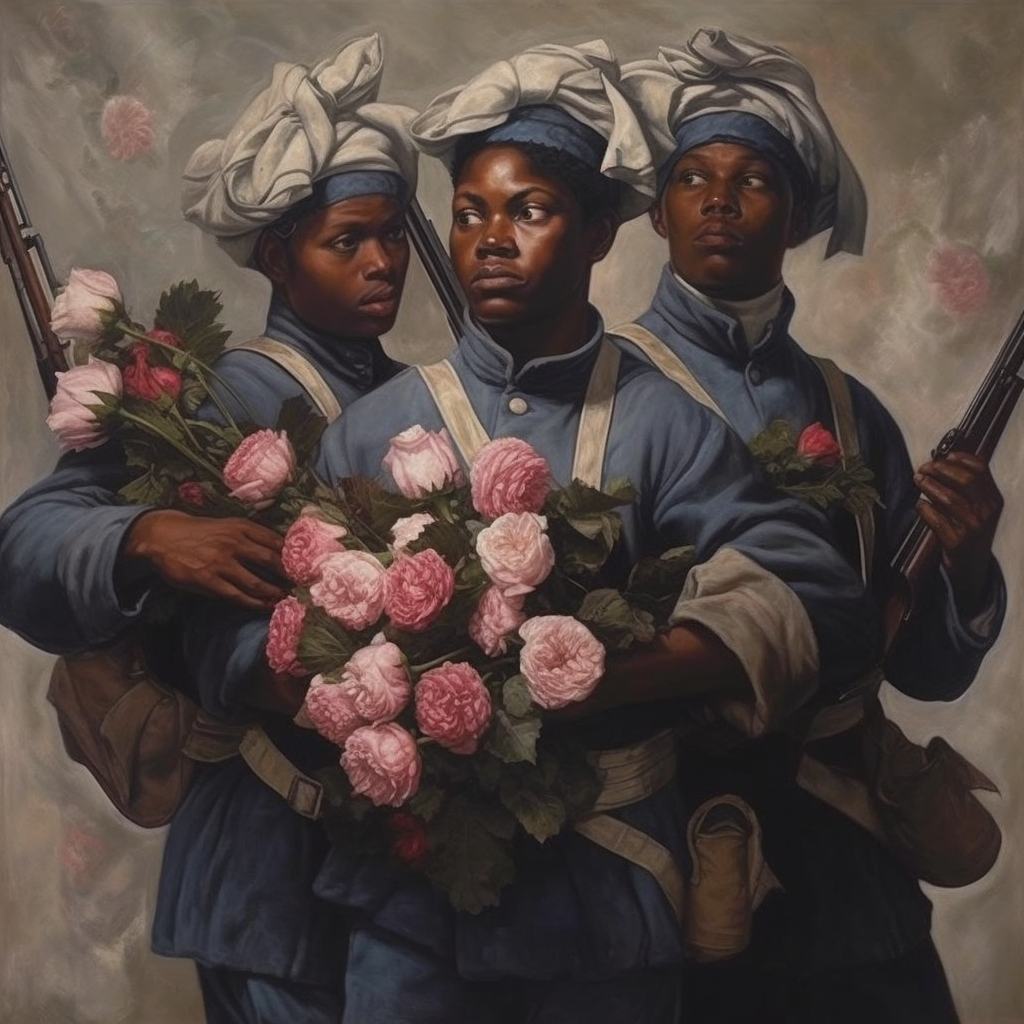
The War on Freedom
One cannot discuss the war on drugs without acknowledging the shocking racial disparities within the criminal justice system. African Americans, despite constituting a minority of the population, are disproportionately represented in prisons. Furthermore, the practice of charging black minors as violent offenders, often over minor infractions, has become a disturbing trend, leading to increased prison sentences and the erosion of hope for a brighter future.
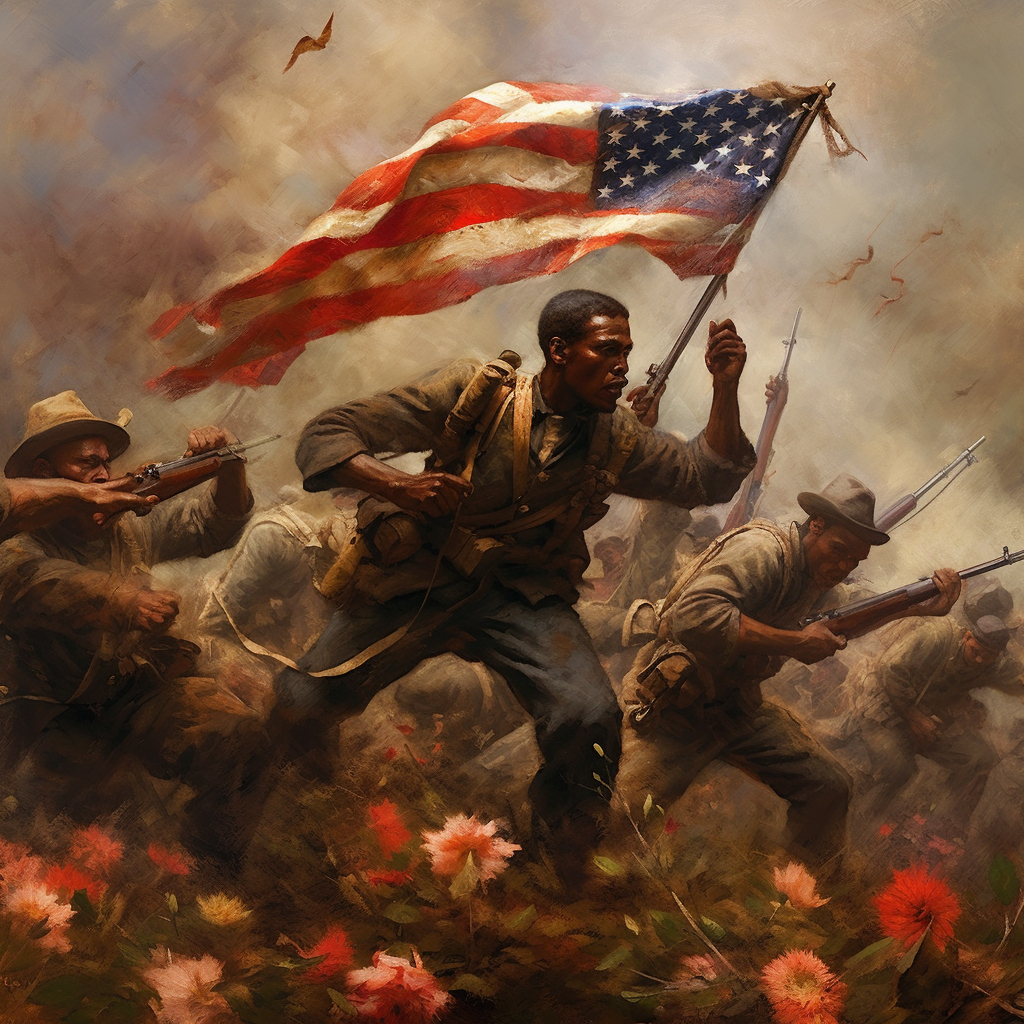
Counterintelligence Against Minority Groups
Fast forward through the pages of history, and we encounter a recurring theme: counterintelligence against minority groups fighting for their rights. Whether it was the suffragettes demanding women’s rights, the civil rights movement fighting for racial equality, or the LGBTQ+ community battling for their place in society, those who dared to challenge the status quo were met with suspicion, surveillance, and suppression.
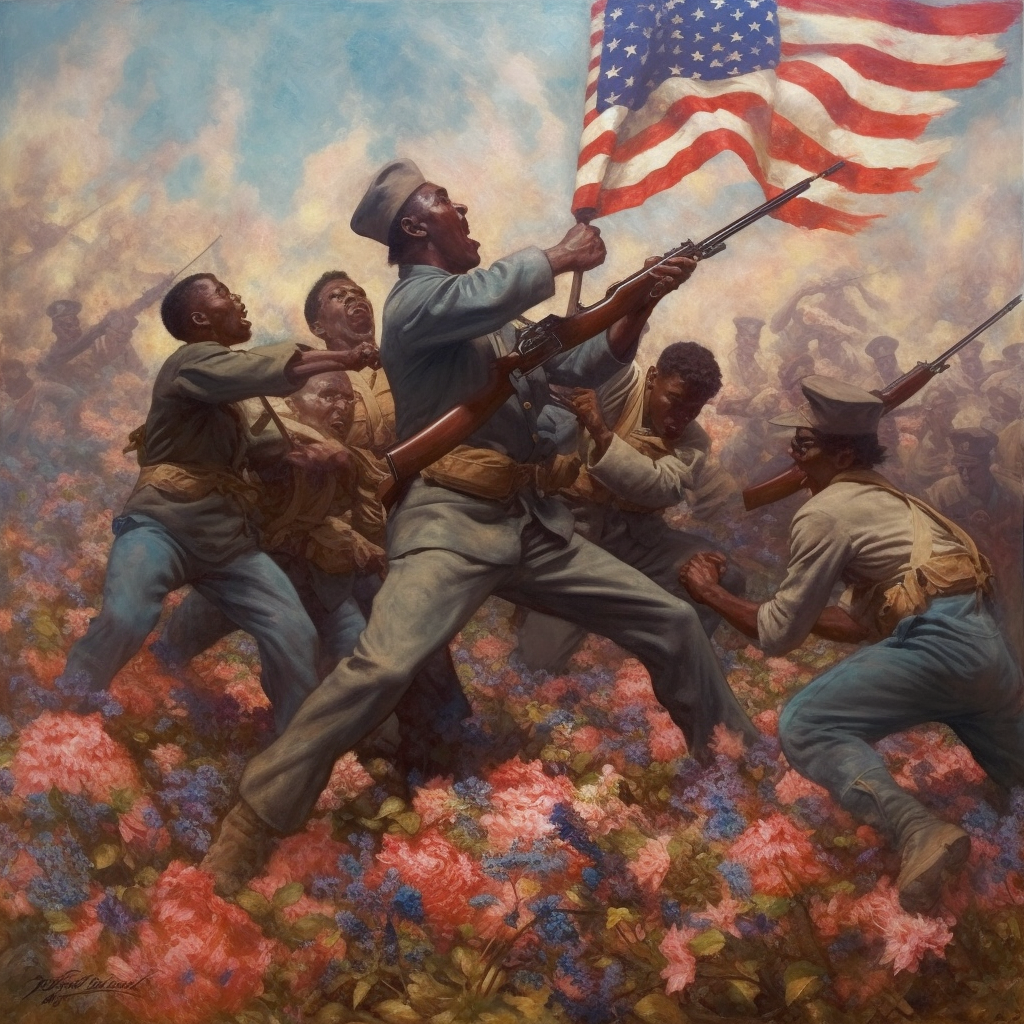
The Legacy
Memorial Day holds a complex legacy for minority communities. While it symbolizes the sacrifices made by soldiers throughout history, it also serves as a reminder of the struggles for equality that persist to this day. The divisions created by Memorial Day after the American Civil War reflect the ongoing challenges of reconciliation and the struggle for a truly unified nation.
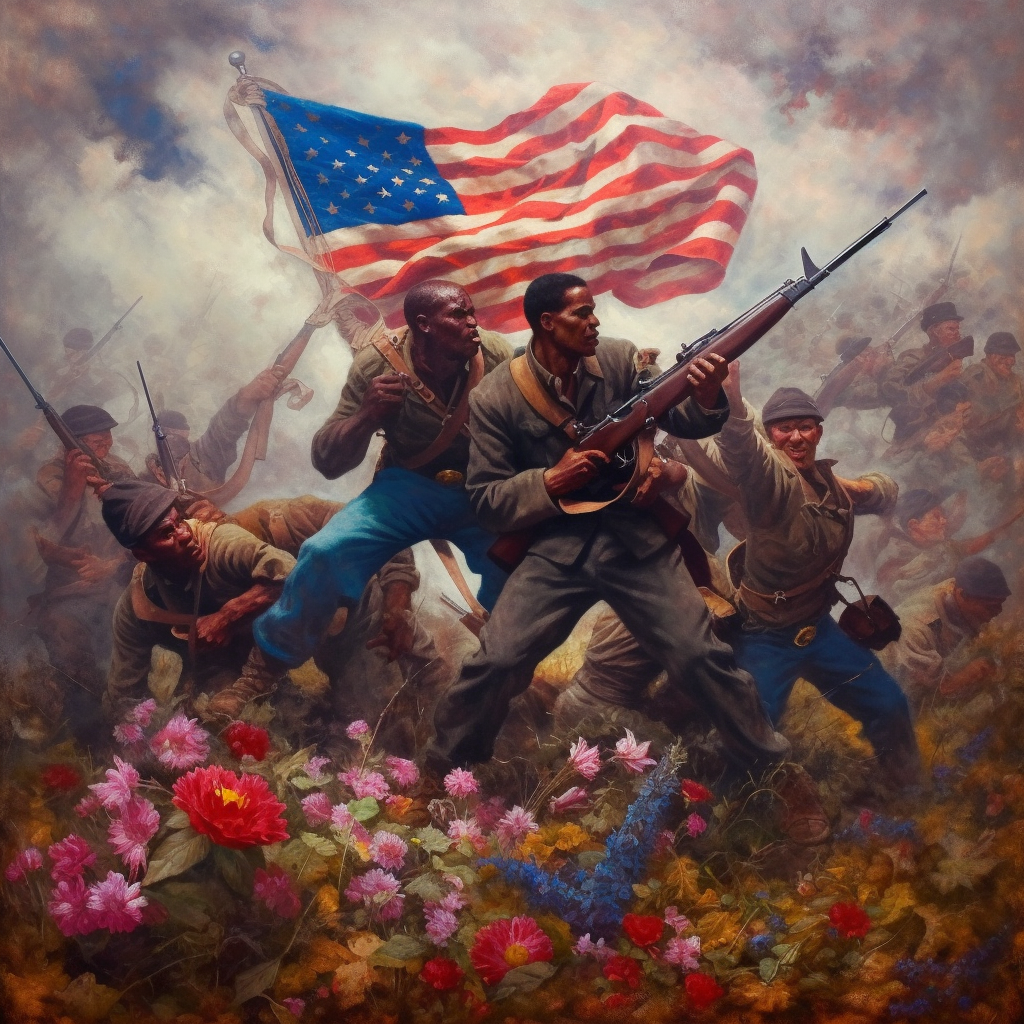
Seeking Solutions
As we reflect on Memorial Day and the ideals it represents, it becomes evident that true freedom must extend to all people, regardless of their race, gender, or background. It requires dismantling the structures that perpetuate systemic oppression and investing in education, social programs, and community outreach. It calls for a reevaluation of the criminal justice system, focusing on rehabilitation rather than punishment, and ensuring equitable treatment for all.
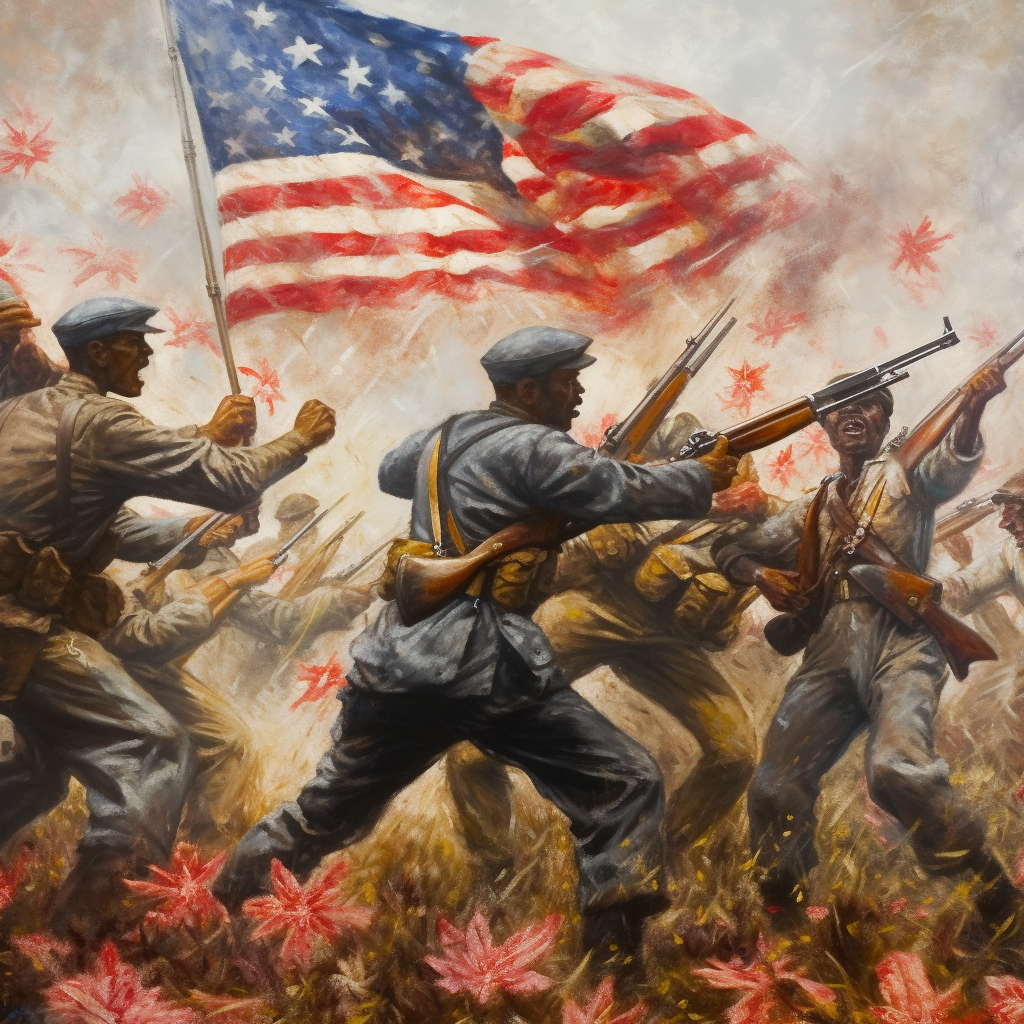
So, as we gather for the annual Memorial Day barbecues, let’s remember the fallen heroes and the sacrifices they made for our freedom. But let’s also acknowledge the struggles of those who fought a different kind of battle on the home front, battling against injustice and discrimination. By understanding our history, acknowledging the systemic issues that persist, and working together for a more equitable future, we can honor the true spirit of Memorial Day—the pursuit of freedom for all.
